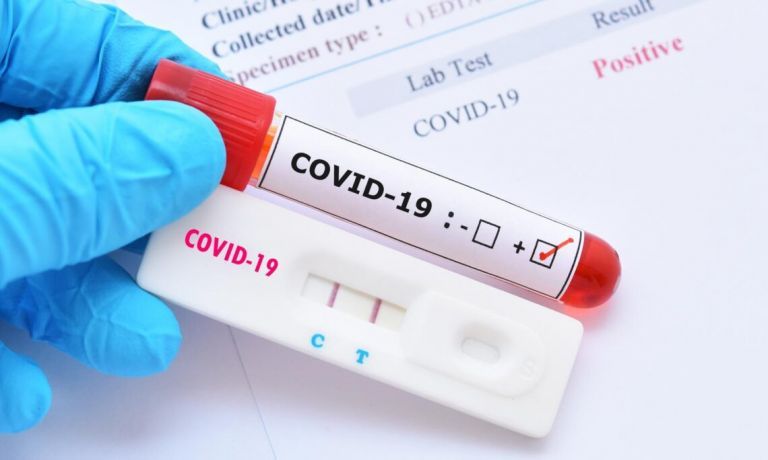New Federal Guidance Regarding COVID-19 Home Tests May Impact Employers

mployers continue to feel the effects of the pandemic as both employees and customers contract COVID-19 and its variants. As the country has adapted, the Food and Drug Administration (“FDA”) has approved COVID-19 home testing kits. Although helpful in stopping the spread of COVID-19 and its variants, a new question has emerged: is the cost of a home test kit covered by health insurance?
The United States Departments of Labor, Health and Human Services, and Treasury (collectively, “The Departments”), have just published FAQs, which expand upon existing requirements, and state that group health plans must cover the cost, with or without the involvement of a healthcare provider, so long as the test is taken for “diagnostic purposes.” This mandate imposes a major financial burden on self-insured employers and other providers of group health insurance.
Here is what self-insured employers, and other providers of group health insurance, should know:
- A group health plan must cover the costs of at home COVID-19 tests for participants either directly (i.e. “direct coverage”) or by requiring participants to pay for the tests upfront and then submit a claim for reimbursement.
- If the group health plan provides direct coverage at home COVID-19 tests, both through its pharmacy network and a direct-to-consumer shipping program, it may limit reimbursement for these tests from non-preferred pharmacies or other retailers to the lesser of $12 per test or the actual cost of the test.
- The group health plan must ensure that participants have access to at home COVID-19 tests through an adequate number of retail locations (in-person and online).
- A group health plan may limit the number of at home COVID-19 tests covered for each participant to no less than eight tests per 30-day period (this limit applies only to tests purchased without a health care provider order or clinical assessment; no limit if the health care provider orders or administers the test following a clinical assessment).
- A group health plan may require reasonable documentation of proof of purchase with a claim for reimbursement for the cost of an OTC COVID-19 test.
We will keep you updated as the COVID-19 pandemic continues to evolve.
If you have questions about employer healthcare coverage, or any other general employment issues, please do not hesitate to contact the attorneys at The Royal Law Firm at 413-586-2288.







